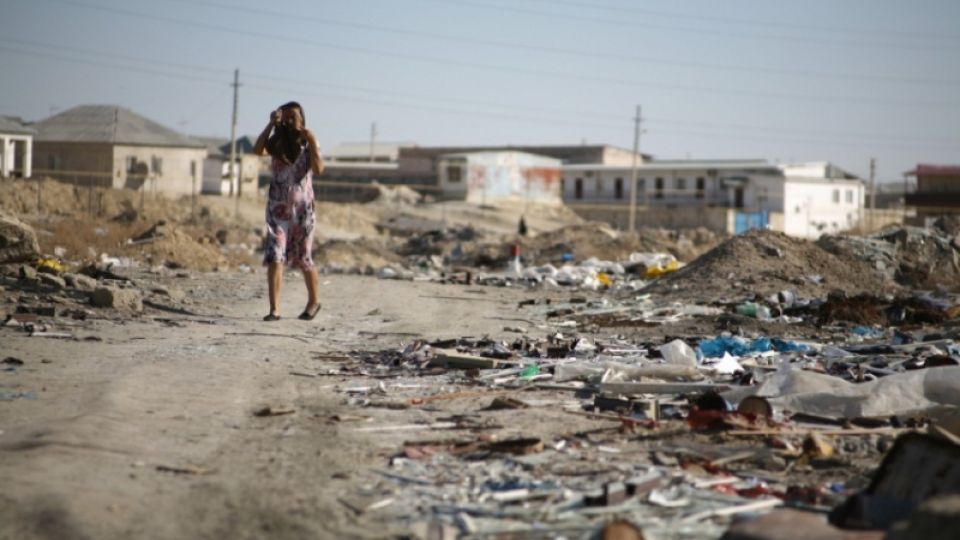Wild waste dumps glutting the steppe, abandoned industrial objects, shocking oil spills, and the poaching of rare animals. Such is hidden face of the Mangystau Province which is aspiring to build its future on tourism. Non-governmental organizations urge to state authorities to stop their hesitation and start protecting the environment. Citizens can read about up-to-date hotspots at http://ecocitizens.kz/hotspots, comment on them, or add new cases.
“Our team has uncovered some troubling environmental issues a half year ago. Unfortunately, we do not see any progress in solving them. A huge dump on the cemetery in Akshukur still troubles local citizens. Despite the fact that public authorities are aware of the situation, nothing has changed,” says Kirill Osin, director of Eco Mangystau.
Eco Mangystau and its partners from Karaganda and the Czech Republic developed online map of environmental hotspots covering 22 cases currently. Now they are tracking the progress in their solution and the activity of the state authorities. Citizens can point out emerging cases and add them in the map on http://ecocitizens.kz/hotspots.
“Responsible bodies solve minor troubles rather effectively. However when it comes to larger cases, state authorities and provincial akimat turns a blind eye. We urge them to protect our land and health more stout-heartedly,” explains Kirill Osin.
“Kazakhstan adopted a strategy of transition to a green economy. It also signed the international Aarhus Convention on environmental democracy. Thus, the state has to ensure access to the information and participation of the citizens in the decision making process. We cannot expect to live in a “green country” when we do not eliminate extreme pollution,” says Anna Andreichuk, expert on public participation from EcoMuseum Karaganda.
On September 29, NGO partners from Aktau and Karaganda, Arnika from the Czech Republic, and public organizations of the Mangystau region sat down at a round table with government agencies in the building of the regional Akimat. They discussed specific cases and environmental problems which require greater public participation in the preparation of regional strategies, such as the Waste Management Plan in the Mangystau region. The event was organized within the framework of the international project, funded by the European Union.
Within the project, four local civic initiatives were financially supported to solve some of the most pressing environmental problems. The NGO Baisheshek focused on the protection of citizens of Baskuduk from environmental impacts of the city's municipal waste landfill. Zhas-Dauren wants to make Baskuduk greener and teach the neighbours make their own compost. Azhar-ai is seeking to improve broken sewage system and waste management. Koldau has started informational campaign to stop poaching of dying out antelope saiga. Other active groups of citizens can still ask for small grants ranging from 1,500 to 3,000 EUR for the projects (3).
More details
(1) Akshukur illegal waste dump
The round table will be held within the project “Enforcing citizens’ rights and public participation in decision making on environmental issues – practical implementation of Aarhus Convention in Mangystau.The project is funded by the European Union in the amount of 336,120 euro and implemented by Eco Mangystau, EcoMuseum Karaganda, CINEST and Arnika from the Czech Republic.







